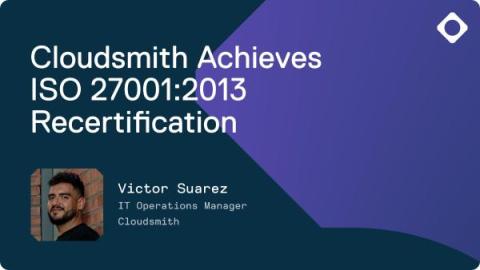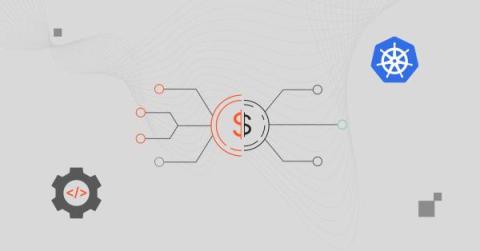When should you use out-of-band communications?
How would your team stay connected if your primary communication network failed? To keep lines of communication open during emergencies, today’s leading organizations deploy out-of-band communication solutions alongside their main channels. An out-of-band (OOB) communication system exists outside an organization’s primary network. As a result, it enables team members to stay connected when main lines are compromised, corrupted, or otherwise unavailable.











